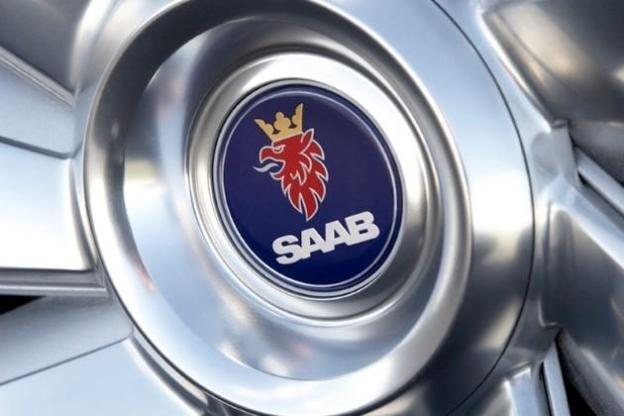
In what has been a seemingly painful and protracted process, Swedish automaker Saab will live to fight another day as a Chinese-Japanese investment group has agreed to purchase the beleaguered company, effectively rescuing Saab from bankruptcy, Automotive News reports.
The financially troubled automaker will fall under the ownership of National Electric Vehicle Sweden AB, which is comprised of Hong Kong-based National Energy Holdings Ltd. and Japanese investment group Sun Investment LLC. As NEVS name suggests, the consortium will see Saab charged with a new mandate of focusing on and building electric vehicles in the near future, the first of which is said to go on sale early in 2014 and will be based on the company’s 9-3 car.
While Saab’s previous $1.8 billion in debt has been practically absolved by the group, the purchase by NEVS does not include Saab Automobile Parts AB. Instead, control for the spare parts division of the company will be assumed by the Swedish state after it repaid a loan on behalf of the old Saab. The Swedish government is also reported to have purchased the rights to the Saab 9-3 and a development platform for future Saabs, known as the Phoenix.
It remains unknown exactly how much NEVS paid for Saab, but we do know the company has courted a number of suitors since reports of it going under emerged. Earlier in the year China-based Zheiiang Youngman Lotus Automobile was considering purchasing the Swedish automaker, going so far as to table a $567 million bid as recently as June 8. According to Saab administrators a half-dozen parties had shown interest in buying the company.
Saabs salvation not only serves the automotive community — it’s always unfortunate seeing a brand end up driving down that highway in the sky – but no doubt pleases the residents and workers of Trollhattan, Saab’s home in western Sweden.
“Through the purchase of Saab we begin a new era in the auto industry,” NEVS CEO Kai Johan Jiang told a news conference.
“Marketing and sales will be global but initially we will focus on China. It’s there we see the biggest market for electric cars,” added Jiang.
Interestingly — but not all that surprising given Saab’s recent sad state of affairs — the company hasn’t been profitable in two decades. The Swedish automaker halted production of vehicles in March of 2011 and shortly thereafter filed for bankruptcy that December.
With the purchase of Saab by NEVS, both of Sweden’s major automaker now find themselves under Chinese ownership. Back in 2010 rival Volvo suffered a degree of financial uncertainty as well, with China’s Geely Autmobile ultimately coming to its rescue.

